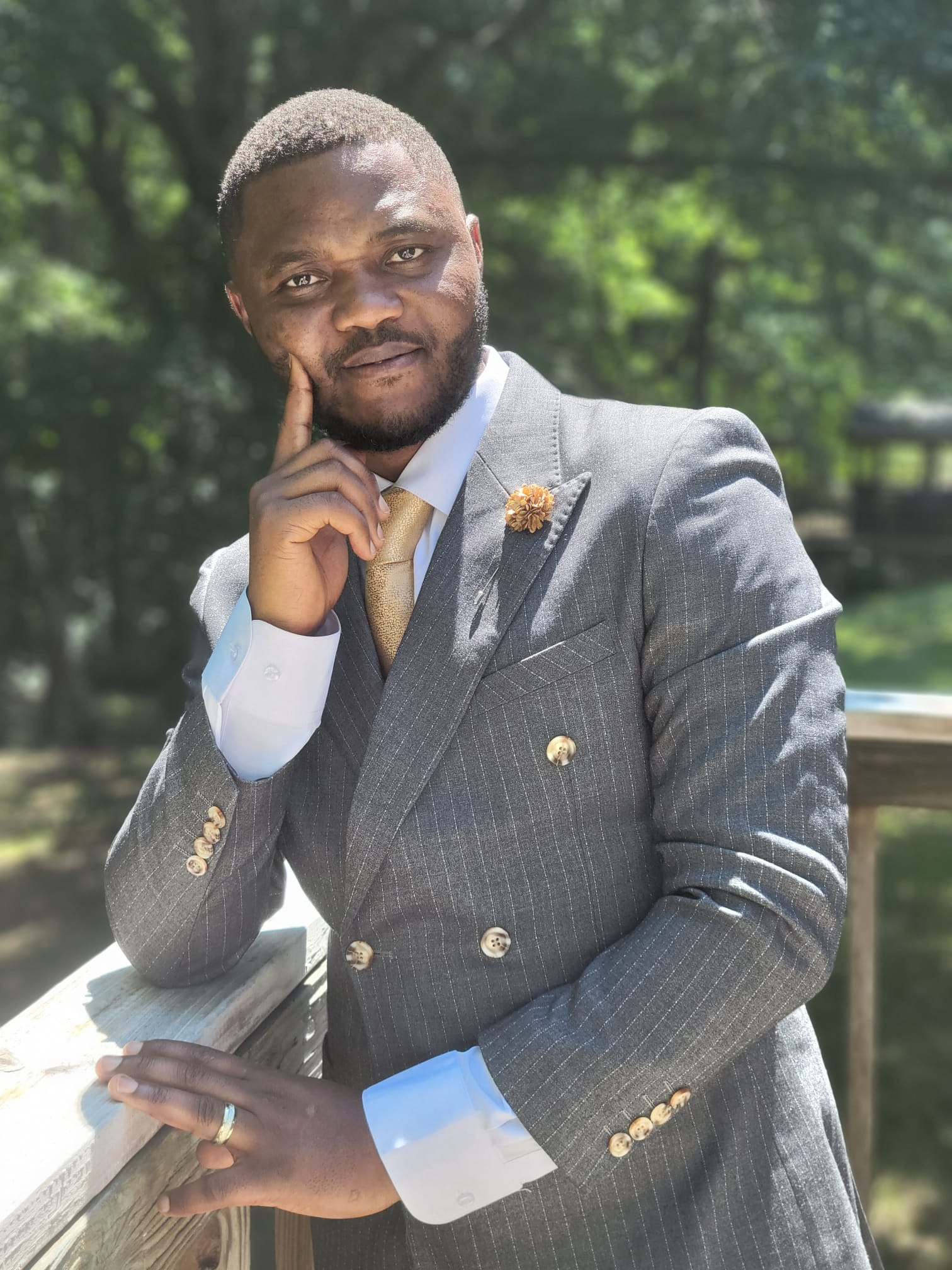About The Author
Tchinda Fabrice Mbuna is a Cameroonian-born writer, poet, playwright, cybersecurity expert, and multidisciplinary instructor specializing in cybersecurity, literature, Theo-Pan-Africanism, and sovereignty. He is the founder of K2Cybertek, a Maryland-based cybersecurity training initiative committed to equipping students and professionals with advanced skills for securing critical digital infrastructure.
Currently residing in the United States, Mbuna is the author of more than twenty published works, spanning political drama, poetry, Christian theology, autobiography, and cybersecurity analysis. His creative and academic writings boldly explore themes such as justice, African sovereignty, diasporic identity, spiritual warfare, and ethical leadership. For Mbuna, literature is not merely an art form—it is a transformative force capable of awakening consciousness, empowering youth, and reshaping Africa’s destiny.
His most recent stage play, “SONKO: The Whistleblower’s Spark,” honors Senegalese Prime Minister Ousmane Sonko, dramatizing his courageous resistance to neocolonialism and political repression. Through this work, Mbuna advocates for a reimagined Africa rooted in truth, intergenerational courage, and civic integrity.

His widely acclaimed poetic series, “I Prefer to Die Standing Than to Live on My Knees,” celebrates the revolutionary legacy of Burkina Faso’s Captain Ibrahim Traoré, embodying Mbuna’s broader vision of a unified and sovereign Africa. He is also the author of “The Cost of Truth,” a powerful theatrical work exploring moral courage and resistance within postcolonial governance, spotlighting Akere Muna’s bold stance against corruption and the far-reaching influence of multinational corporations such as Glencore in Cameroon.
Mbuna is also the author of the social satires “Miss Angel” and “Ms. Angel,” which confront the enduring realities of systemic racism and police brutality through allegorical storytelling, dramatic tension, and sharp cultural critique. Grounded in the lived experience of racial injustice, these works explore the intersections of race, gender, faith, and institutional power—revealing how personal resilience and prophetic vision can challenge oppressive structures. Both works have been praised for their bold narrative style, offering confrontation and catharsis in the face of social hypocrisy.
He holds Master’s degrees in Political Science (International Relations), Cybersecurity, and Divinity/Theological Studies. He lectures widely on cybersecurity, literature, and Theo-Pan-Africanism—a theological-political framework that emphasizes African liberation and spiritual sovereignty. His nonfiction work, “Cyber Evolution: Cyber Attacks on American Critical Infrastructure,” blends technical analysis with public policy advocacy, focusing on national security and civic resilience.
In his Christian writings—“The Lost Kingdom Lineage” and “The Cosmos and Spiritual Warfare”—Mbuna explores divine order, prophetic archetypes, and the role of spiritual resistance in a morally fragmented world. His autobiographical volumes, “Embracing Creative Transformation” and “Ms. Angel’s Poet,” chronicle his spiritual formation and artistic journey.
Fluent in both English and French, Mbuna writes, translates, and publishes in both languages, extending his influence across Anglophone and Francophone Africa and the global diaspora. His bilingual literary voice promotes intercultural dialogue and broadens access to Afrocentric theological and political thought.
By blending classical literary form with urgent Afro-political content, Mbuna’s voice echoes the revolutionary traditions of Thomas Sankara, Patrice Lumumba, Amílcar Cabral, Ibrahim Traoré, and Cameroonian nationalist figures such as Ruben Um Nyobè, Félix-Roland Moumié, Ernest Ouandié, Osendé Afana, and Akere Muna. His body of work is frequently cited for its cultural depth, educational merit, and its ability to inspire critical inquiry and transformative leadership across generations.
Whether in the classroom, on stage, in verse, or in essay form, Tchinda Fabrice Mbuna writes and teaches with a clear mission: to awaken minds, uplift communities, and restore the moral soul of the African continent.


